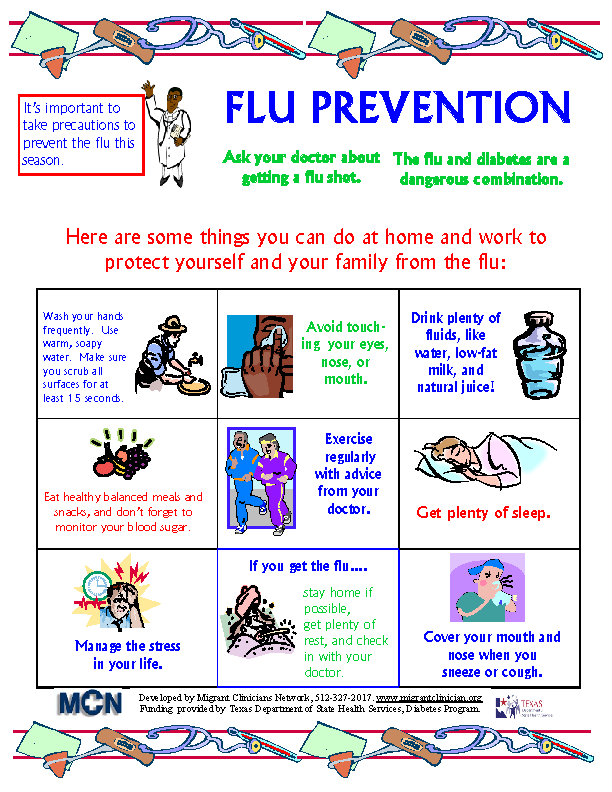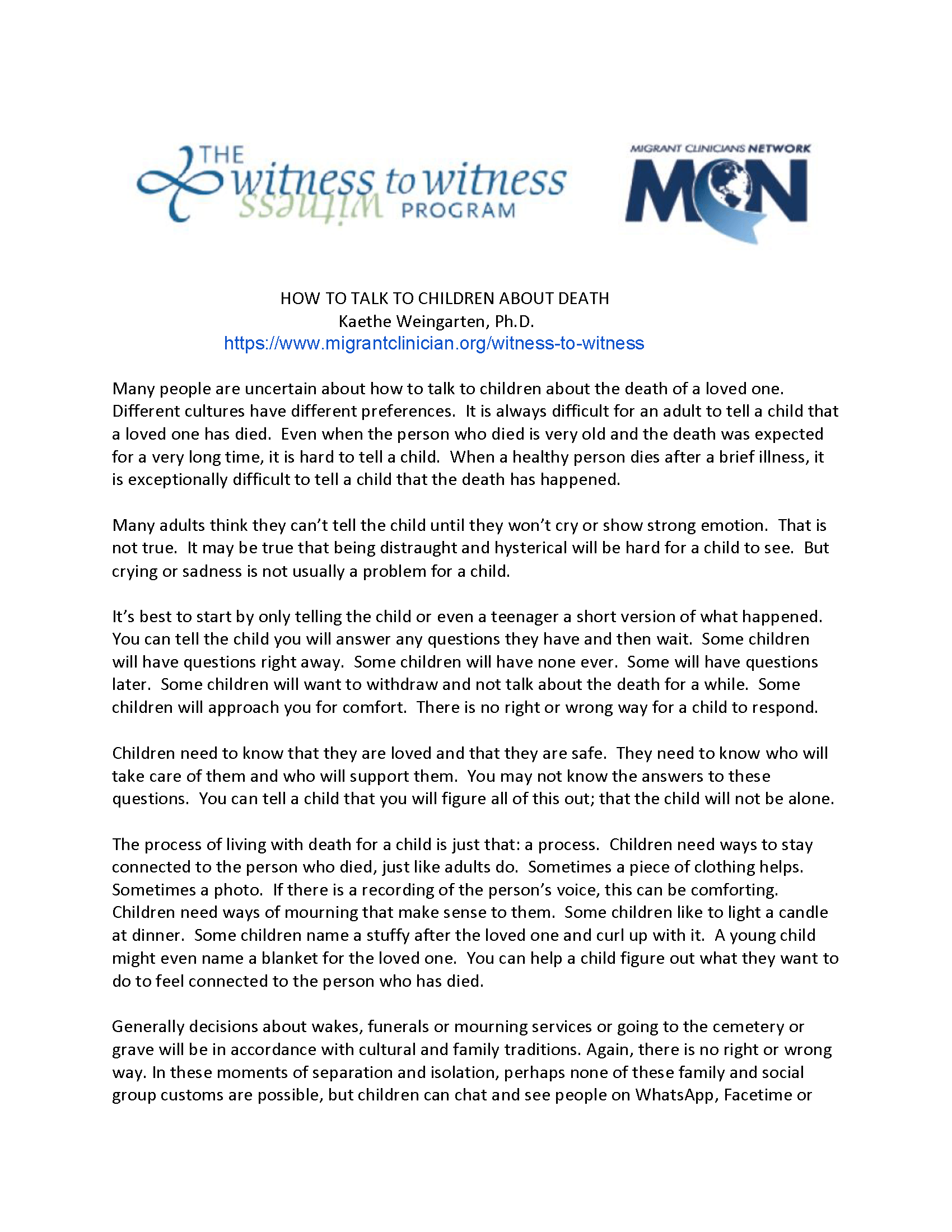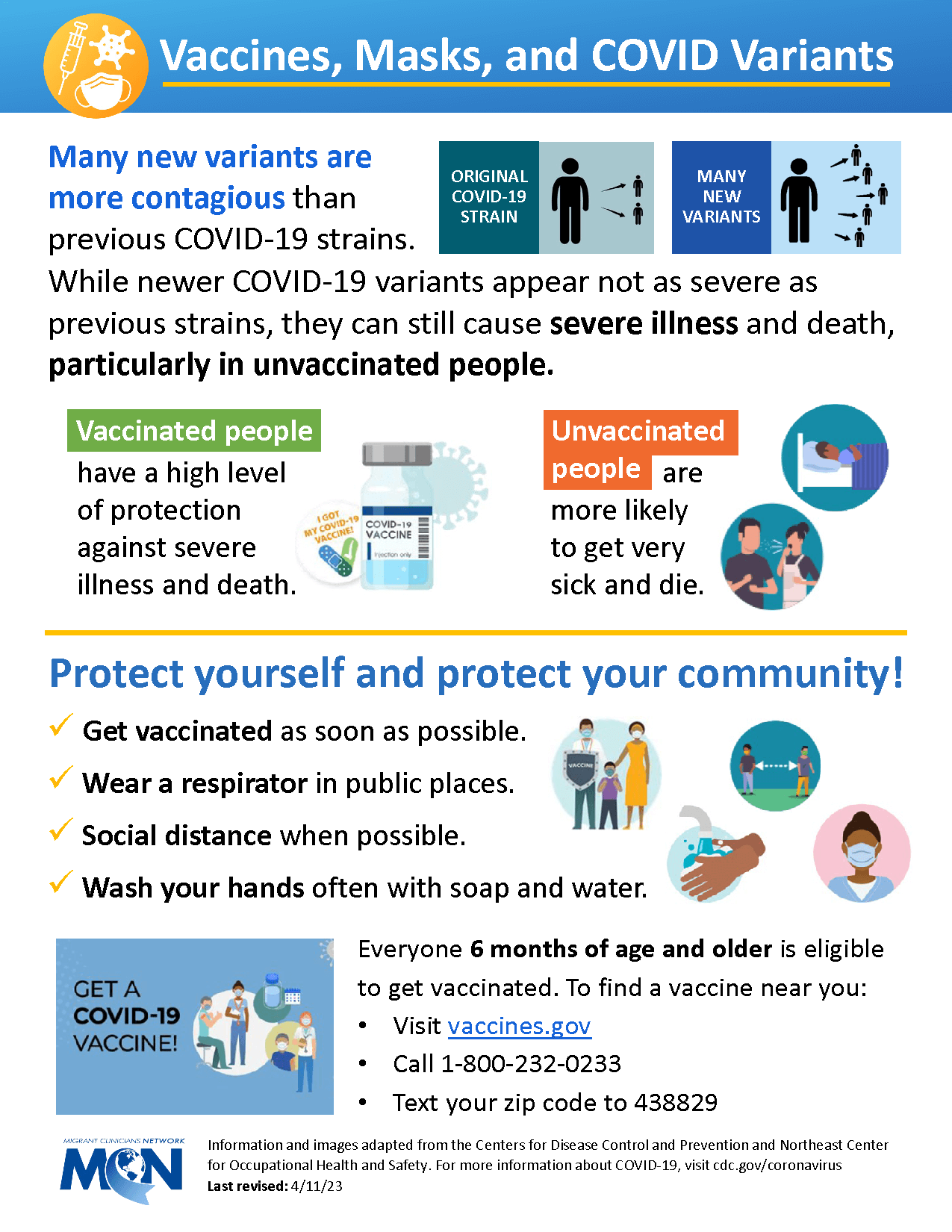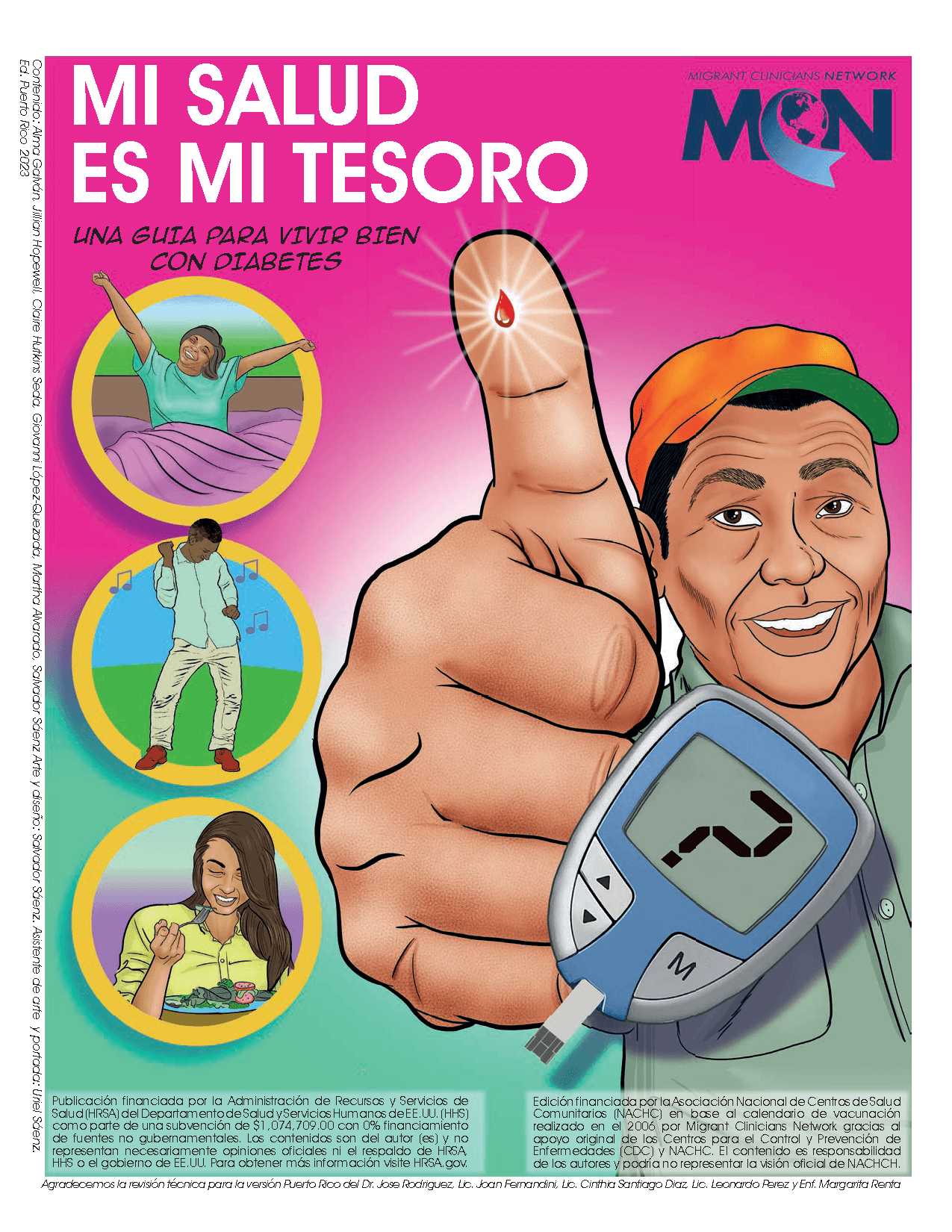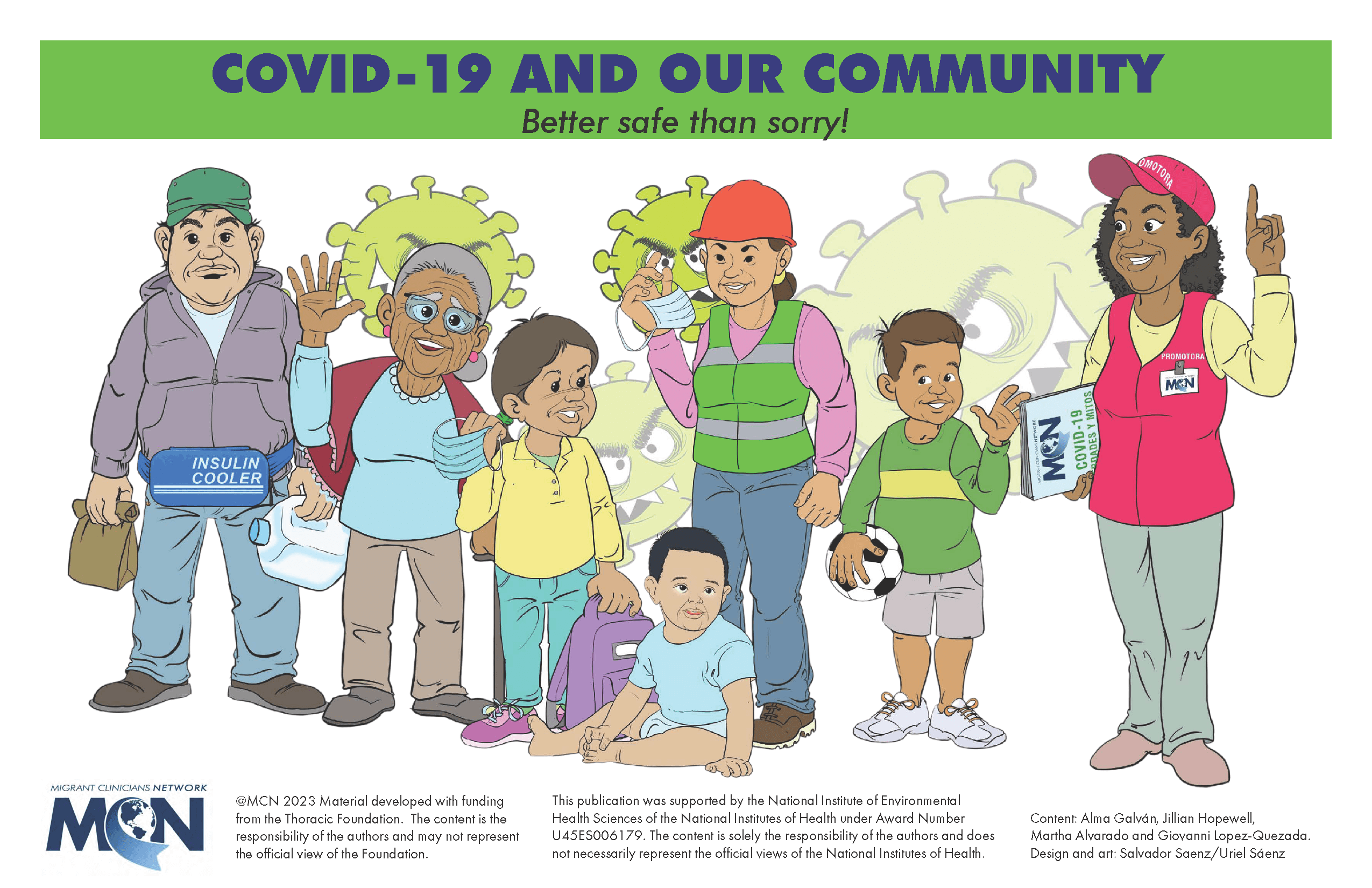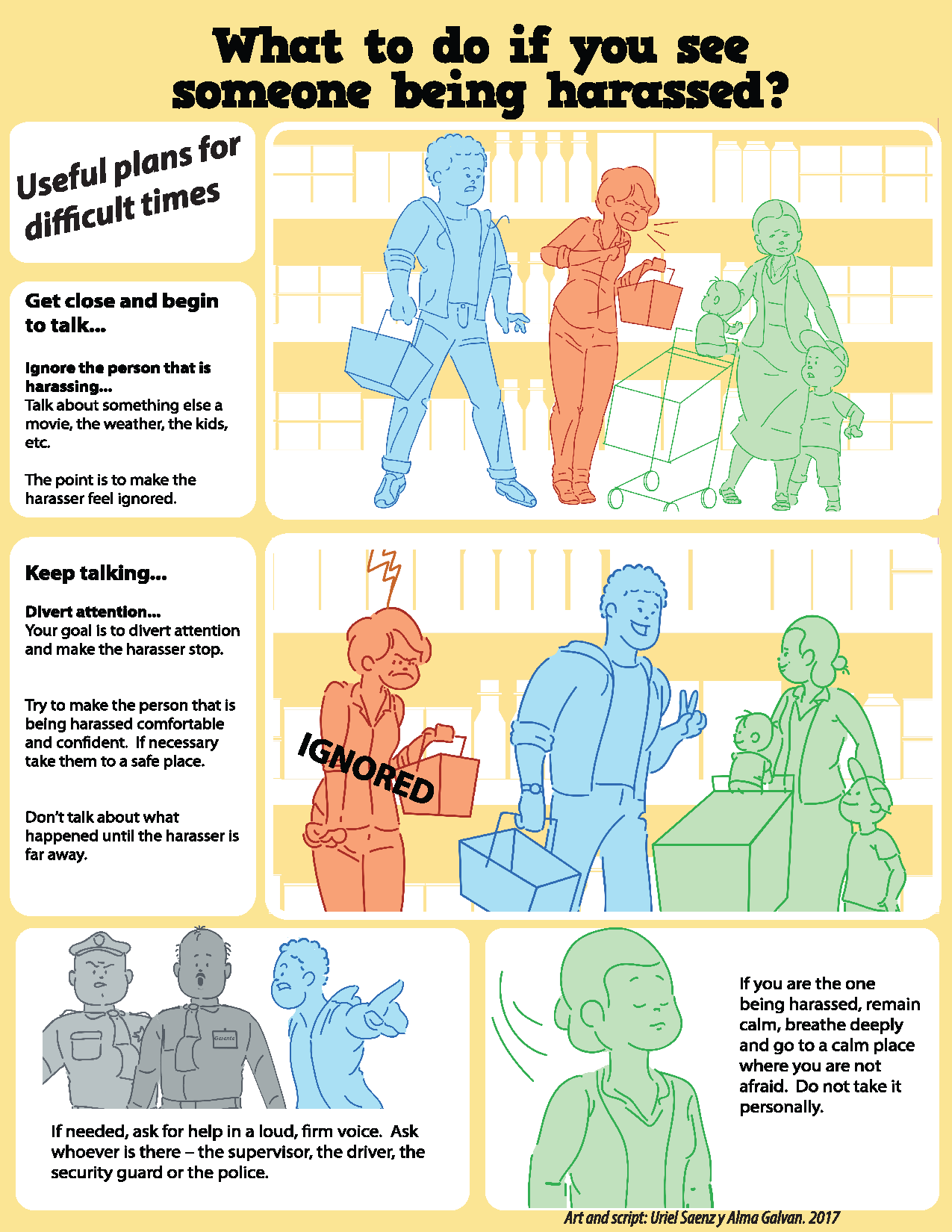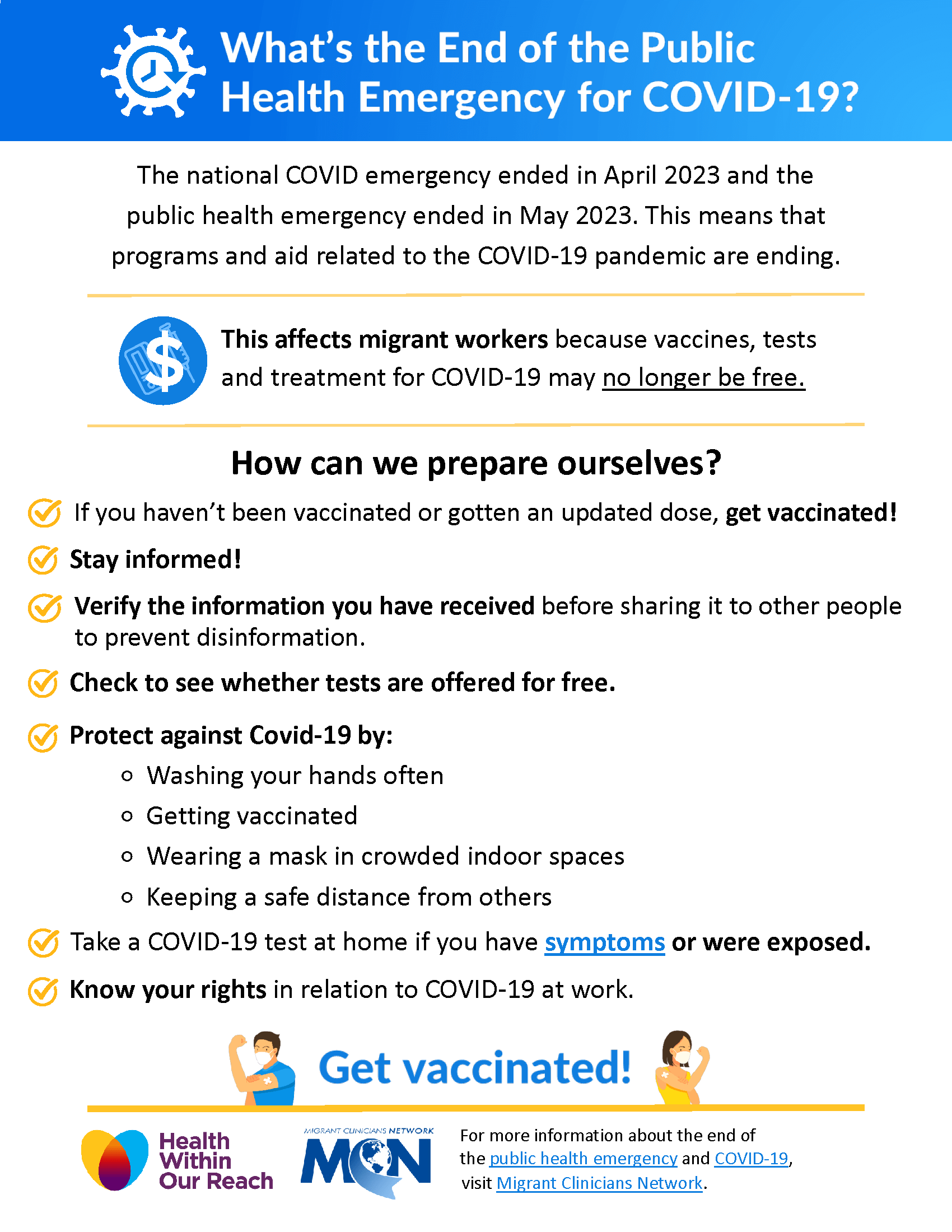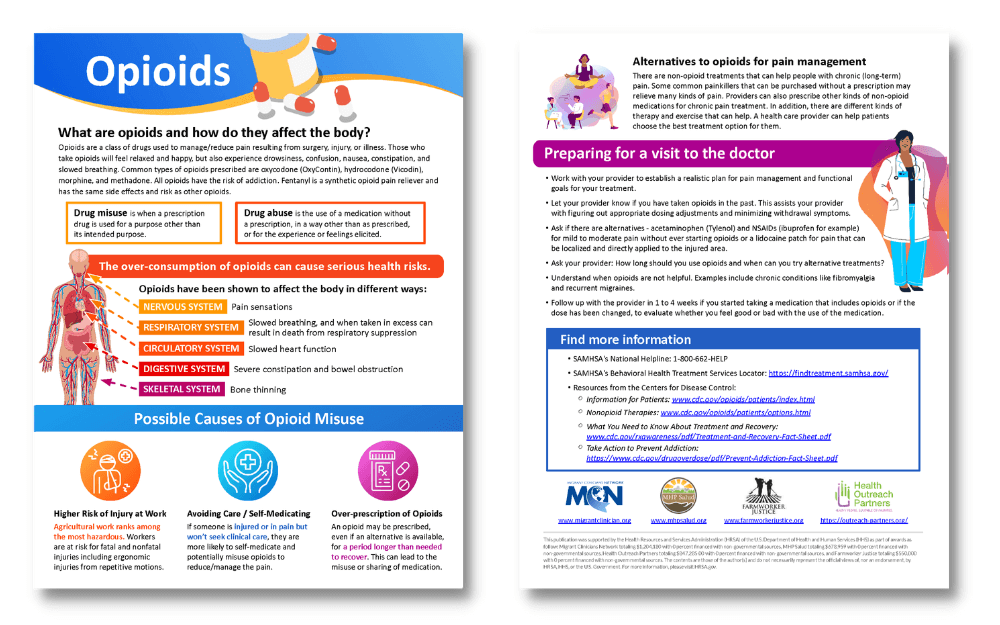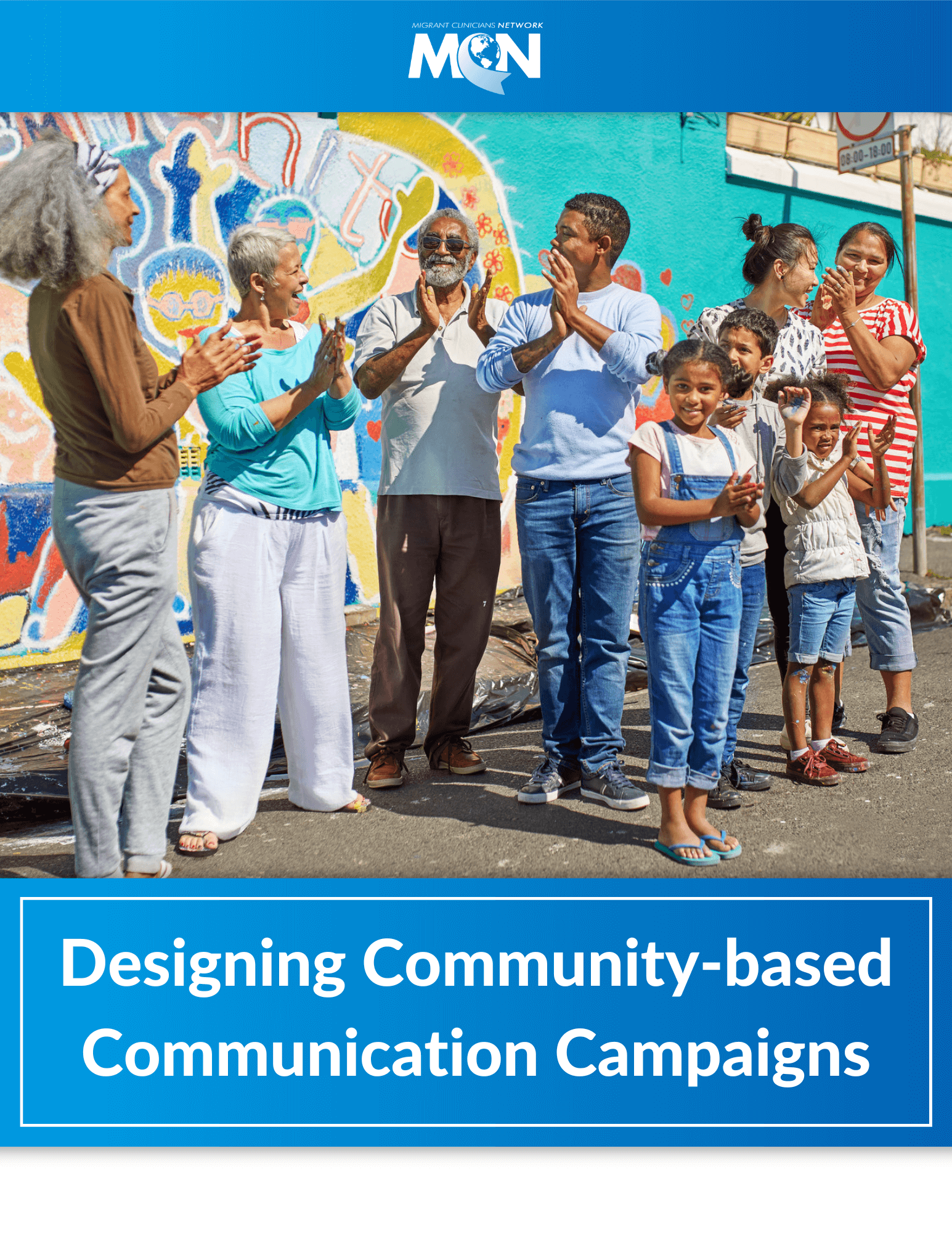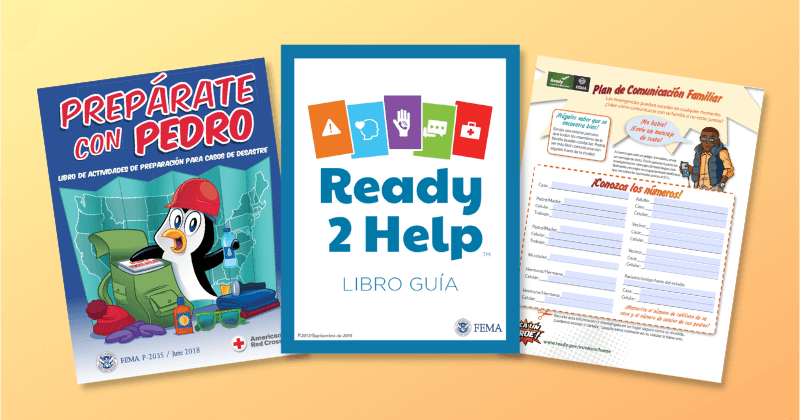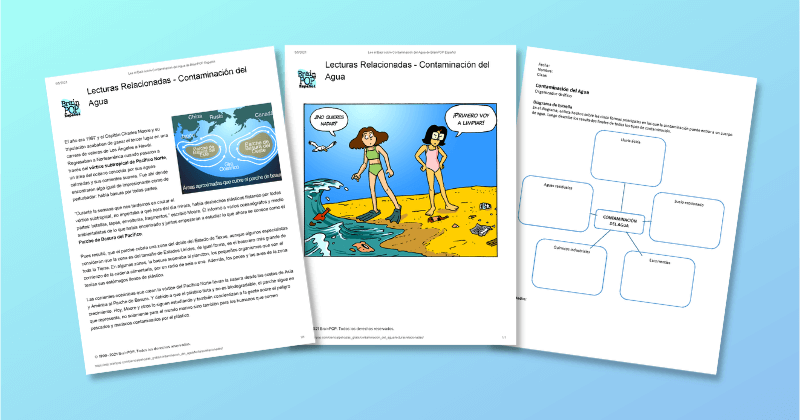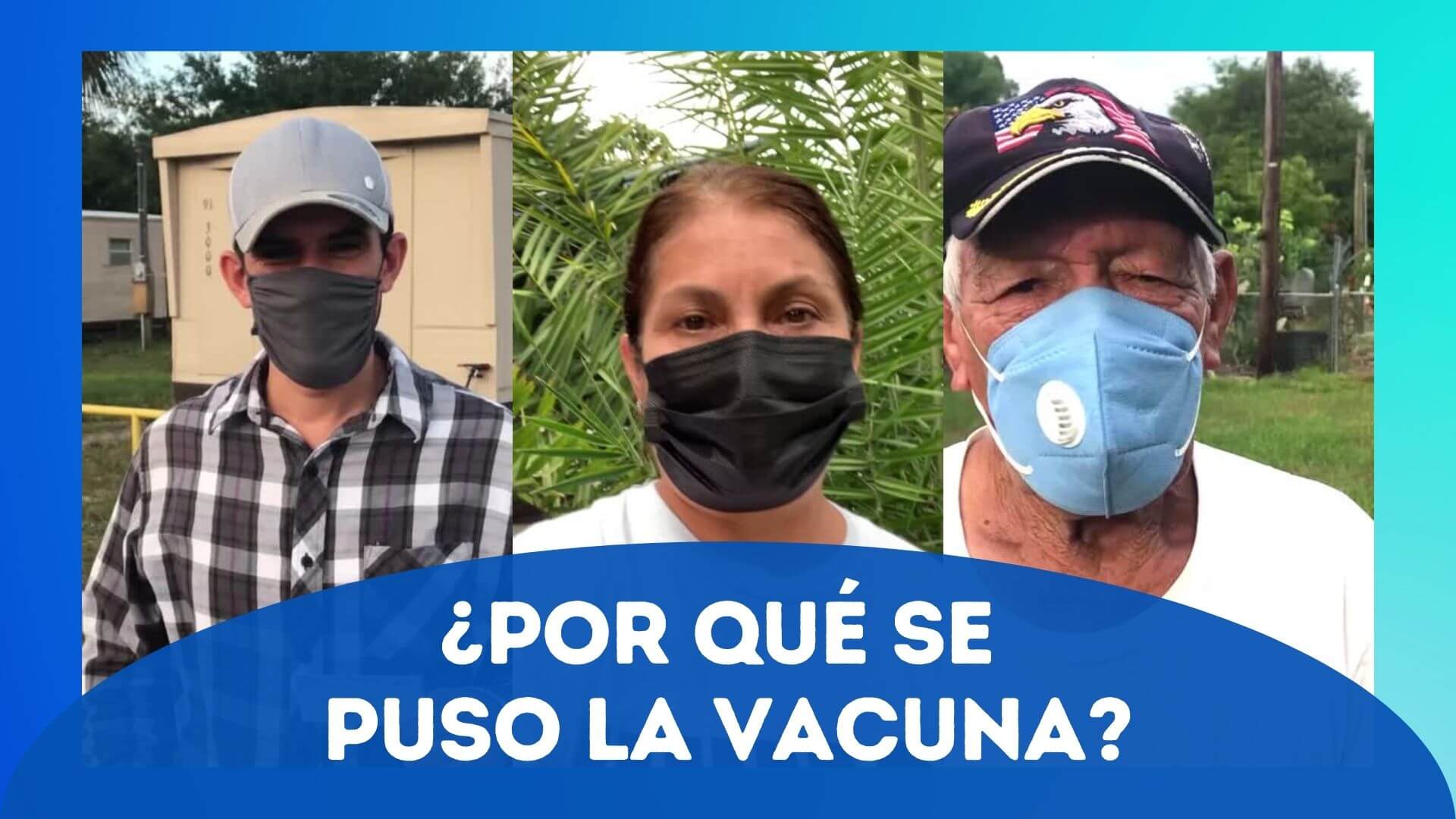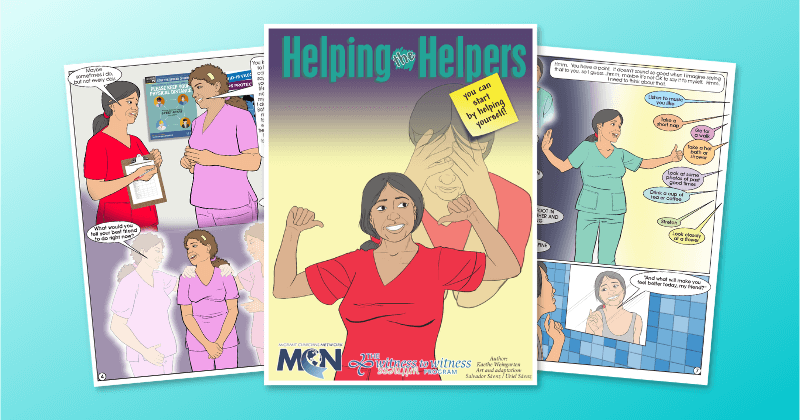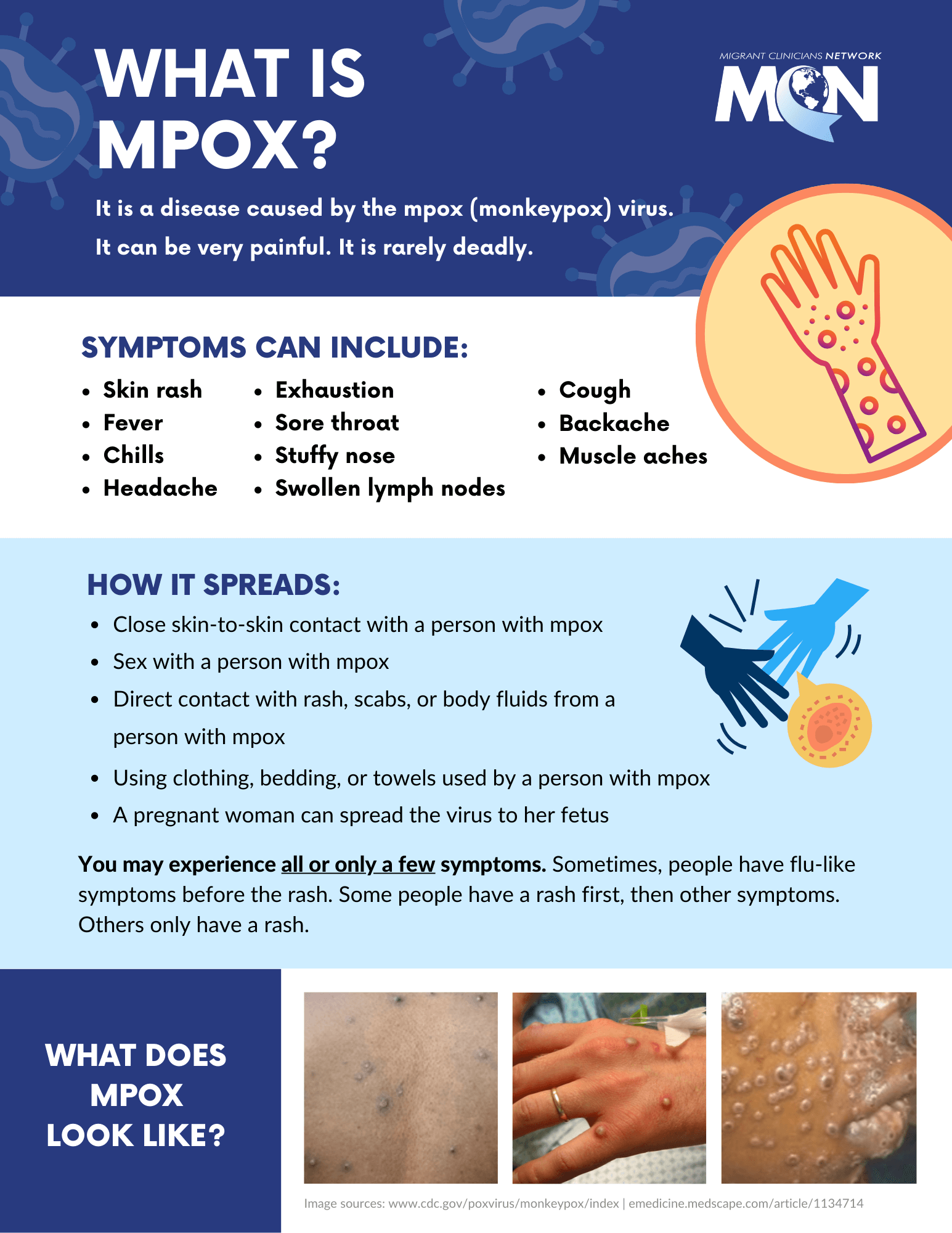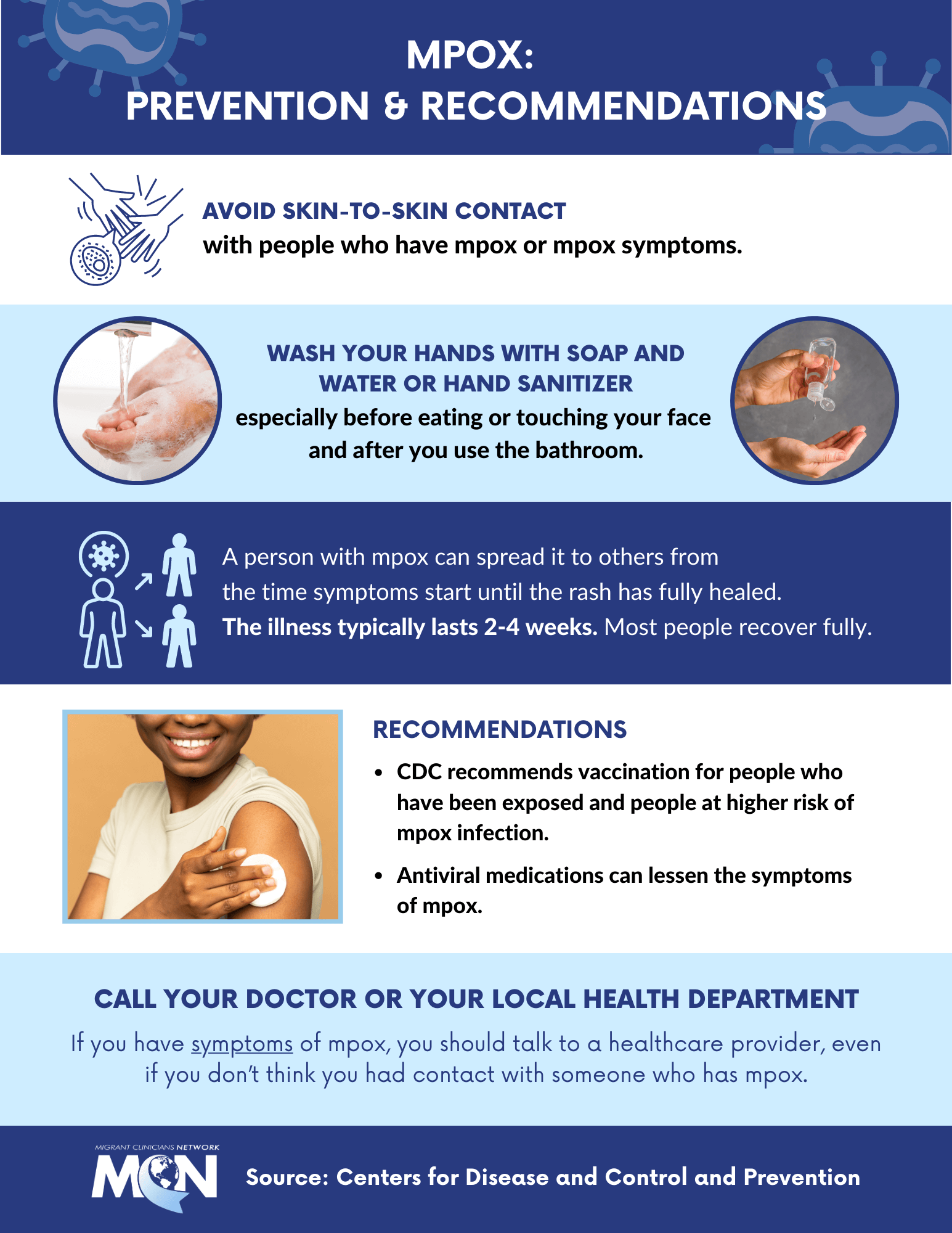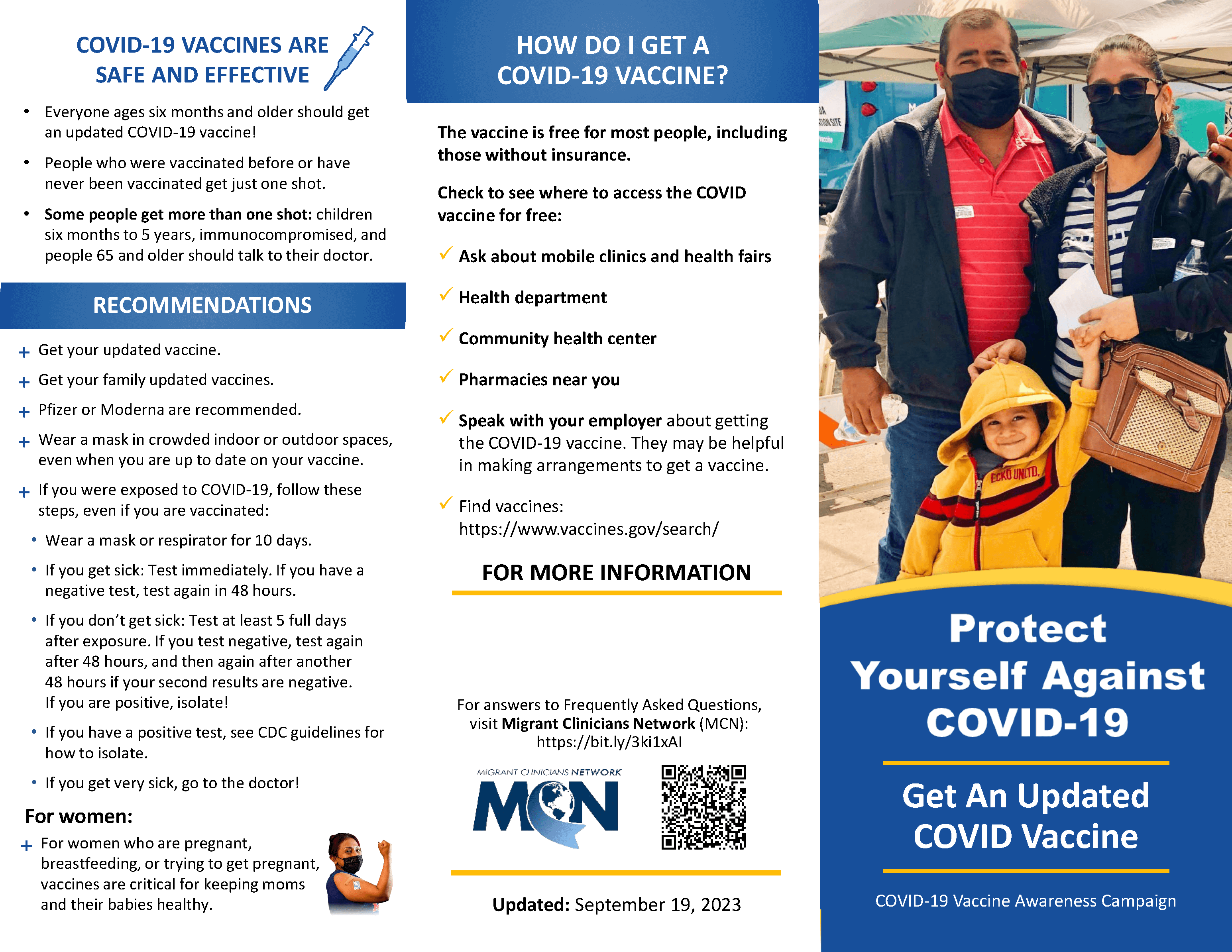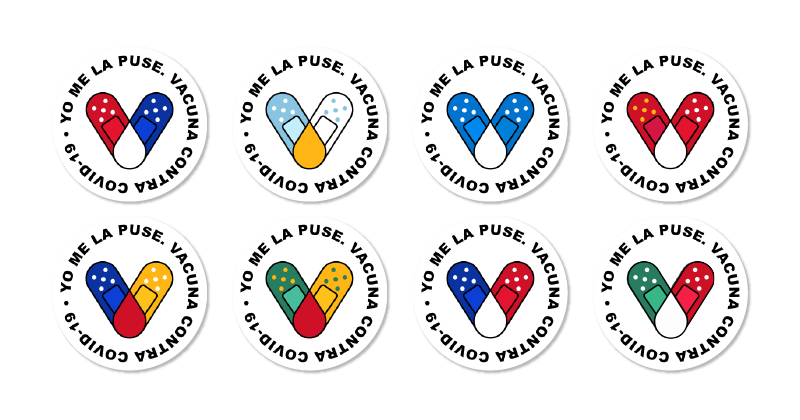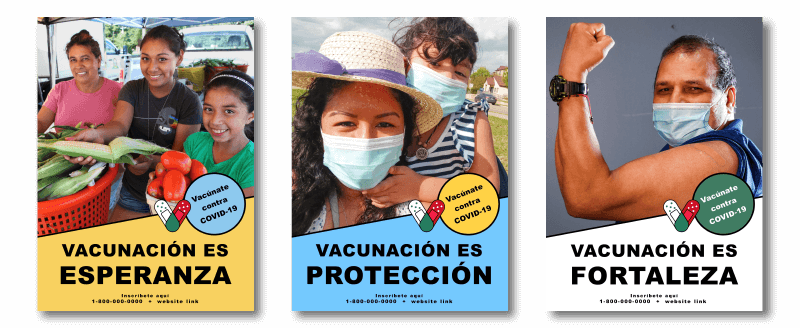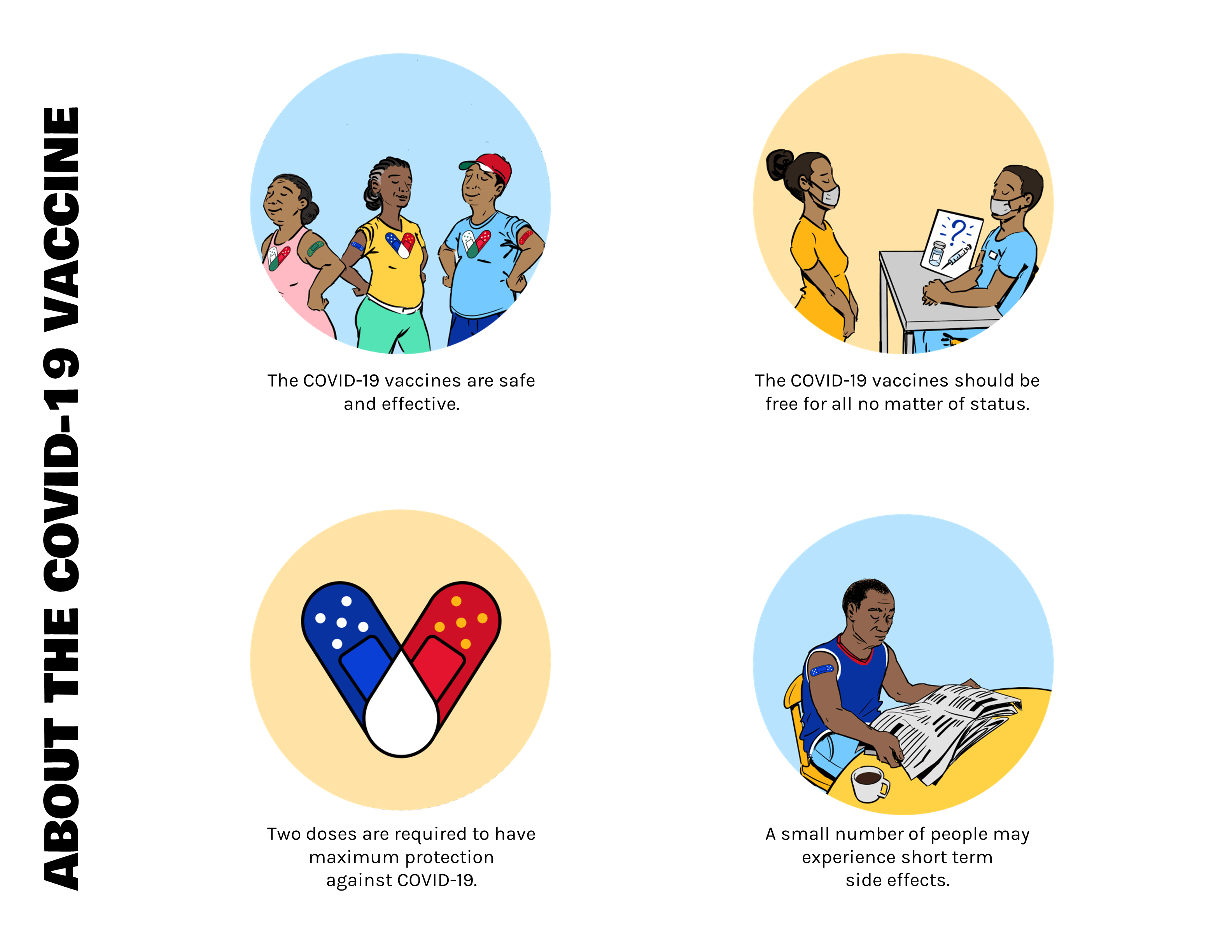Adults Get Vaccinated Too is an educational tool in the form of a comic book for health educators who work with the community and who need to provide information about vaccinations, when and where they are administered, and the symptoms that characterize the diseases they prevent.
Through a conversation between farmworkers in the field, this colorful and easy-to-understand comic book helps its readers to learn, in a simple and natural way, the importance of getting vaccinated and boosting their vaccines during their adulthood to prevent diseases such as hepatitis B, meningitis, chickenpox, influenza, tetanus, diphtheria, pertussis, measles, mumps, rubella and COVID-19.
